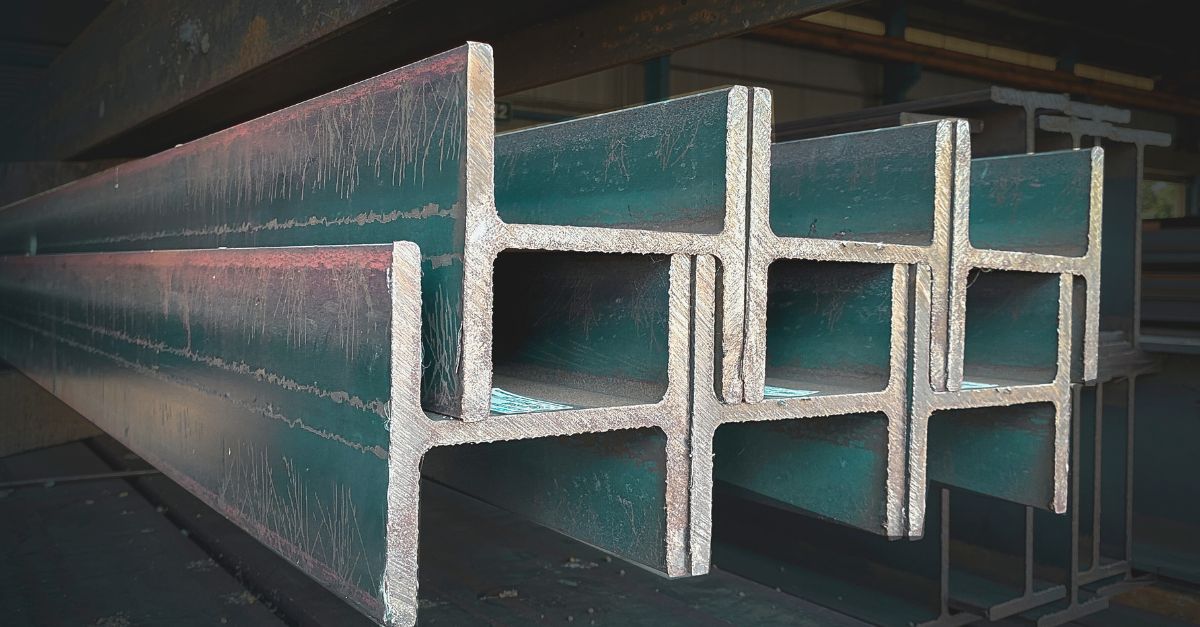India–US Trade Tensions Rise Over Steel and Auto Tariffs NMDC Limited reports a 38% drop in Q4 FY24 consolidated net profit RINL to Raise $23 Million Through Land Sales Amid Crisis

✅ Rising Chinese Imports: Chinese steel exports to India have surged by over 30% YoY, creating pricing pressure.
✅ Credit Rating Impact: Major Indian steelmakers face the risk of rating downgrades due to shrinking margins.
✅ Government Response: The Indian government is considering imposing a 15% safeguard duty on certain steel imports.
India’s major steel companies are facing mounting pressure on their credit ratings as rising imports of low-cost Chinese steel put pressure on domestic prices and profitability. According to analysts, the surge in Chinese exports is squeezing the margins of Indian steelmakers, limiting their ability to generate higher cash flows and maintain a strong financial standing.
Chinese steel exports to India have reportedly increased by over 30% year-on-year, flooding the market with cheaper products. This has made it difficult for domestic producers to maintain competitive pricing without compromising their margins. Steel giants like Tata Steel, JSW Steel, and Steel Authority of India (SAIL) are now facing challenges in balancing costs while maintaining profitability.
Credit rating agencies have taken note of this situation, with some signaling that a prolonged decline in profitability could lead to rating downgrades. Lower credit ratings would increase borrowing costs for these companies, further impacting their expansion and operational plans.
To counter the situation, the Indian government is reportedly considering imposing a safeguard duty of up to 15% on certain steel imports to protect domestic producers from unfair competition. Industry experts believe that such a measure could provide temporary relief, but long-term stability would require stronger trade policies and a focus on improving domestic production efficiency.
Also Read : New Rolling Mill in Ludhiana Set to Boost Steel Production by April 2025 Ukraine’s Flat Steel Export Drop May Open Opportunities for Indian Steelmakers